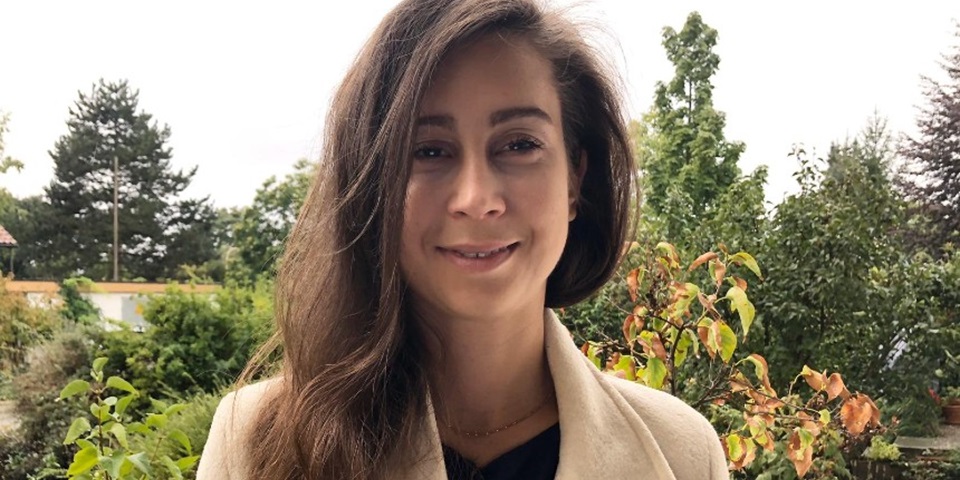News
Exploring the ethics of new medical technologies

Murdoch welcomes its latest Forrest Fellow, Dr Felicitas Holzer, a German philosopher developing an ethical framework to guide biomedical innovation.
A German philosopher who is addressing the ethical challenges related to the use of new technologies in biomedical sciences will soon call Western Australia home thanks to a prestigious Forrest Fellowship.Dr Felicitas Holzer’s research explores how people around the world, especially in developing countries and during disease epidemics and disasters, can access and apply the latest medical technologies in an ethical and sustainable way.
“Innovation in medicine includes a wide variety of biomedical interventions and technologies that are novel and yet non-validated, meaning that there is insufficient evidence regarding their safety and efficacy for everyday use in patients.
“At the limits of evidence-based medicine, practitioners and policymakers regularly face tough choices, such as, when is it permissible to administer non-validated medical treatment to patients who have run out of options?” explained Dr Holzer.“The aim of my research is to develop an ethical framework guiding biomedical innovation - formulating guiding principles for policymakers and regulators, but also offering conceptual answers to ethical and regulatory conflicts, taking into account the interests of individual patients and society.”
“The Forrest Fellowship presents an incredible opportunity to develop an overarching ethical framework that identifies ethical and regulatory conflicts between different stakeholders and balance individual interests and the common good," she said.
"Murdoch University offers an ideal environment to advance my research project thanks to its strength in and strategic commitment to biomedical research within specialised research institutes, in particular the Health Futures Institute and the Australian National Phenome Centre.”Indeed, this reflects Murdoch University’s commitment to interdisciplinary research nested under the key research themes of Food, Health and Environment.
This project activates a research collaboration between Professor Elaine Holmes, a distinguished computational biologist, and philosopher Dr Anne Schwenkenbecher, whose research focuses on moral, social and political philosophy.
Dr Holzer’s work will be guided by both Professor Holmes and Dr Schwenkenbecher in what will truly be a dynamic interdisciplinary team-based approach to tackling this important problem.
“If we think about the current pandemic, for instance, we might ask if it is ever permissible to ‘cut corners’ in research when faced with an unprecedented public health threat?” said Dr Schwenkenbecher.
Dr Holzer’s work will use methods from philosophy and ethics to design guidelines for practitioners and policy-makers in a pioneering collaboration between Murdoch University’s Philosophy Program, and the biomedical sciences.”The Forrest Research Foundation was established in 2014, by Andrew and Nicola Forrest through their Minderoo Foundation. The fellowships are provided to outstanding early career researchers to undertake high- quality research at any of the five universities in Western Australia.
Ms Fiona David, Chair of Research at the Minderoo Foundation, said she was delighted that the Foundation was able to support this most recent Forrest Research Foundation Fellowship at Murdoch University.
“Dr Holzer’s research is particularly timely, as the world grapples with COVID-19 and strives for a vaccine or effective treatment. Our current challenges highlight how important it is that potentially lifesaving treatments are available as quickly as possible, but within a robust safety and ethics framework,” said Ms David.
“Dr Holzer will work with the Australian National Phenome Centre, which is led by Murdoch and is helping to position WA as a global leader on the frontiers of precision medicine. Her appointment is yet another example of world class research happening right here in Western Australia."
Find out more on research at the Australian National Phenome Centre.
News
Exploring the ethics of new medical technologies
Posted on
Topics